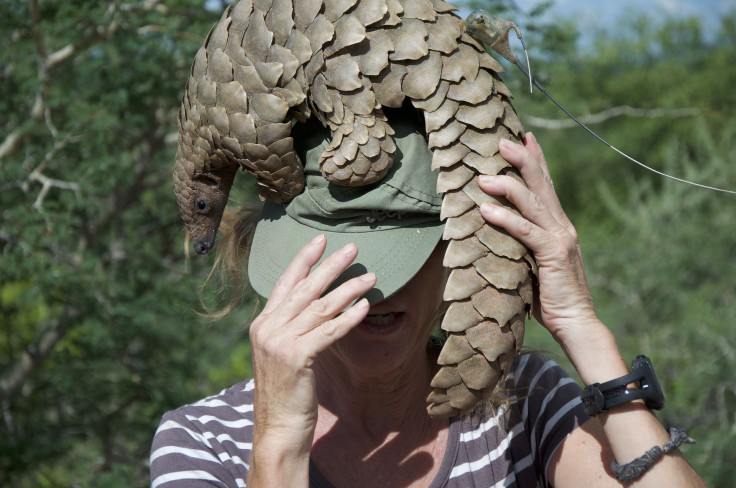Illegal Sale of Pangolins, A Possible Carrier of Coronavirus, Continues On Facebook Pages
The illegal sale of pangolins and pangolin scales still continues on Facebook, despite the clear guidelines set by the huge social media platform, according to a Tech Transparency Project investigation.
Illegal wildlife criminals target pangolins (also known as scaly anteaters) for their meat and scales. National and international laws protect all eight pangolin species, according to the World Wildlife Fund (WWF).
The investigation of the Tech Transparency Project discovered multiple Facebook pages that sell pangolins and their scales despite the prohibition of Facebook’s community standards in selling, trading, donating, giving, or soliciting endangered species or their parts.
The African Wildlife Foundation (AWF) reports that an estimated 2.7 million African pangolins are killed annually. Traditional Chinese medicine uses their scales as a potential treatment for various illnesses such as cancer and arthritis.
Facebook pages categorize these pangolin-related accounts under “Animal Rescue Service” or “Health/Beauty” or “Women’s Health Clinic.” Some categorized these pages as zoos.
"We discretely hunt and sell Rhino Horn and pangolin scales contact us for more information on purchase, WhatsApp me," one page said, as reported by BuzzFeed News.
Pangolins are not dangerous to humans, as long as they are in their natural habitat, as reported by the United Nations Office on Drugs and Crime (UNDOC). The problem is when these are illegally sold as they become potential health hazards that make them a possible carrier of the coronavirus.
"It's illegal, it's wrong and we have teams devoted to stopping activity like this," a Facebook company spokesperson told Newsweek.
It is true that the protection of endangered species might not be the priority of people, nowadays. However, UNDOC reiterated that curbing the illegal trade of pangolins and other wildlife is significant in preventing future global health crises.
Facebook takes down pages that violate the company’s policies. When these happen, information from the page cannot be accessed by Facebook users.
Experts from the WWF and global e-commerce, social media, and tech companies were brought together in 2018 by the Coalition to End Wildlife Tracking Online. These companies aimed to decrease illegal wildlife sales online by 80 percent by 2020.

© Copyright IBTimes 2024. All rights reserved.





















